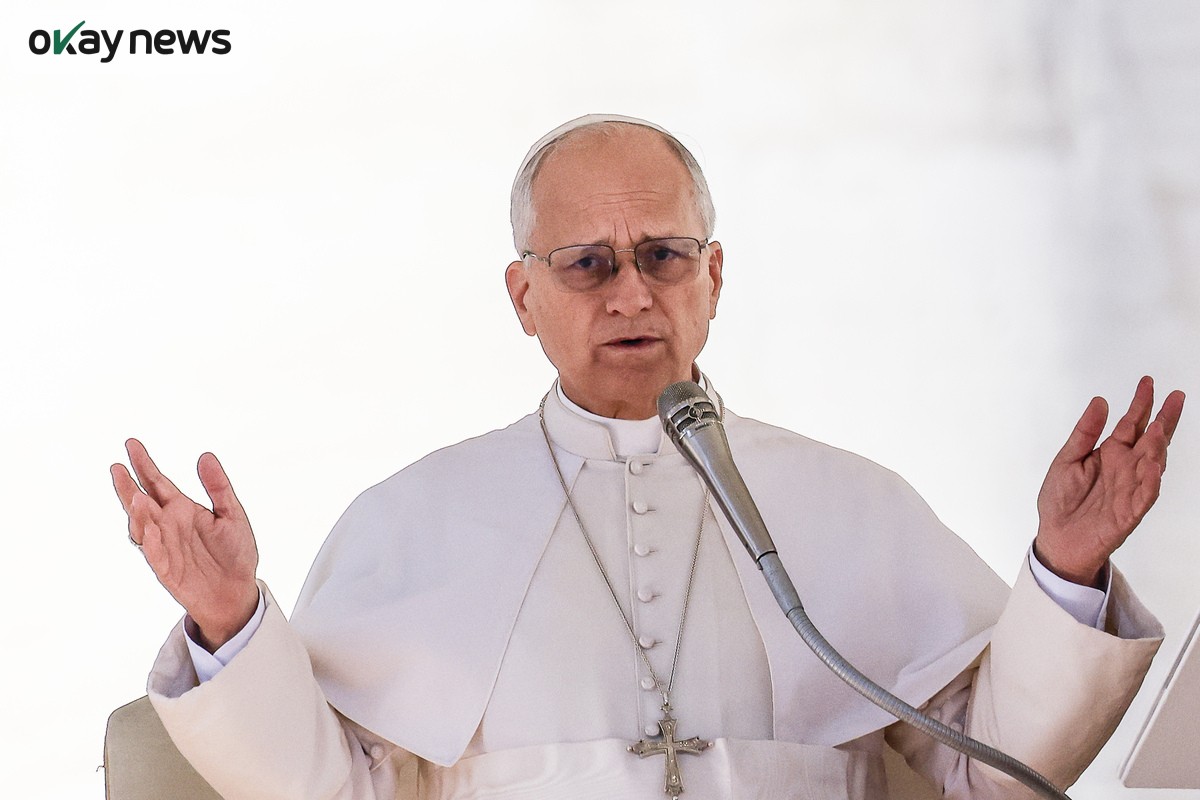The United Kingdom has announced a major adjustment to its immigration policy, cutting the post-study work period for foreign students — including Nigerians — from two years to 18 months, starting January 2027.
UK Home Secretary, Shabana Mahmood, disclosed the new measure while unveiling the government’s immigration white paper and “Plan for Change,” which seeks to balance attracting global talent with strengthening control over migration.
According to a statement published on the UK Government’s website, the new policy aims to ensure graduates make meaningful contributions to the British economy. It explained that many graduates on post-study visas were not transitioning into graduate-level employment as intended.
“The time for international students to find a graduate-level job after completing their studies will be reduced to 18 months from the current two years,” the statement read. “The immigration skills charge (ISC), paid by employers who sponsor skilled foreign workers, will also increase by 32% for the first time since 2017.”
Okay News reports that the UK government said funds generated from the ISC will be reinvested into training and upskilling British workers, thereby reducing dependence on overseas recruitment.
The new measures, which will be presented before Parliament this week, are part of the broader effort to implement tighter migration control while maintaining opportunities for high-performing international graduates.
The UK has also announced stricter English language requirements for study, work, and settlement routes. Mahmood said the government wants immigrants to meet “A-level standards of English” before being granted certain visas.
Meanwhile, recent data revealed a decline in the number of foreign students choosing the UK as a preferred study destination in 2024. This follows a separate rule introduced in January 2024 that restricts most foreign students from bringing dependants, except for postgraduate researchers and those on government-funded scholarships.
The UK government further hinted that tuition and visa fees could rise again in the 2025/26 academic session, making the cost of studying in the UK more expensive for international students.







